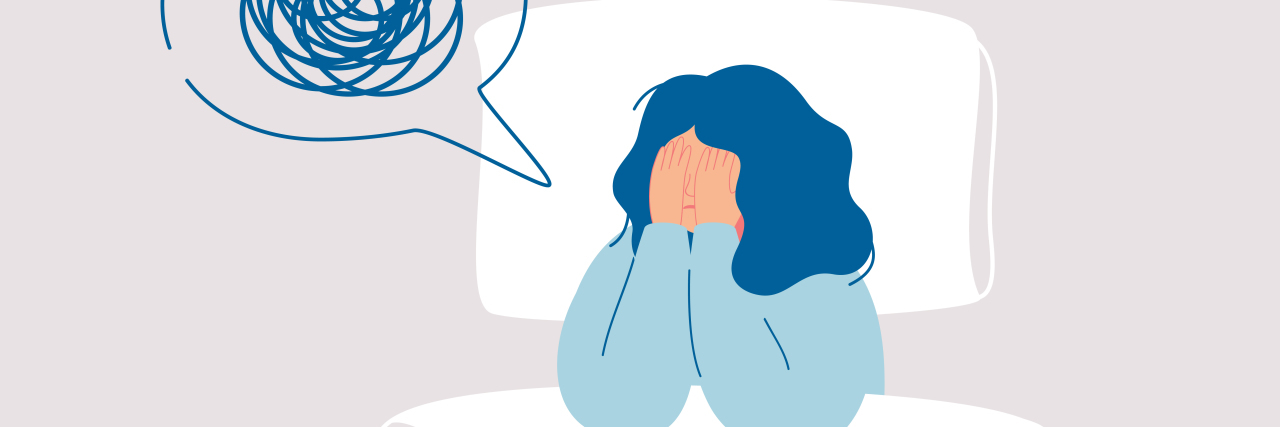Why People With Schizophrenia Have Poor Quality Sleep
Editor's Note
Please see a doctor before starting or stopping a medication.
It’s not just hallucinations, terrors or delusions keeping people with schizophrenia up at night. There is new research that shows that 80% of people living with schizophrenia experience sleep and circadian rhythm disturbances.
Circadian rhythms are responsible for a person’s sleep-wake cycle. Waking hours are cued by daylight and sleep hours are cued by the release of the chemical, melatonin. Having a circadian rhythm disorder can severely impact the quality in one’s life.
In fact, sleep and circadian rhythms are so intricately linked that poor sleep quality may actually be a causal factor to developing psychosis in adolescents and young adults and the precursor to a psychotic episode once the disorder sets in. The causes are speculative but indicative of the complex nature of the brain itself. Genetic mutations can be observed in people with an increased risk of schizophrenia concerning mitochondria and their response to inflammation, which alter circadian rhythms at the cellular and genome level. There has been some evidence shown that there is increased neuroinflammation in the prefrontal cortex in people with schizophrenia, which renders the brain for potential disease. Neurotransmitters related to schizophrenia, like dopamine, are largely associated with regulating sleep-wake cycles.
Treatments range from using traditional therapy methods such as cognitive behavioral therapy (CBT) and pharmaceuticals like benzodiazepenes, which are sedatives. Melatonin may also be helpful, but given the diverse ways in which people live with schizophrenia, it may not work universally. Antipsychotics are also favorable in treating disturbed sleep-wake cycles. A common side effect of taking antipsychotics is becoming heavily sedated, but each antipsychotic acts differently, affecting different neurochemicals in the brain. That is why some medications are more sedative than others, and why continuing to use antipsychotics may help more symptoms than just the hallucinations and delusions.
Having schizophrenia is a complex and dynamic experience. Living with it can be truly debilitating, and people who have schizophrenia are less likely to be able to hold full-time jobs. It is important to know that schizophrenia is still in the research phase of treatment, and there are many things we do not know about the disorder and how it holistically affects our lives. If you experience sleep disturbances and also have schizophrenia, try talking to your doctor about the symptoms before spending money on sleep doctors and tests.
Getty Images photo via Ponomariova_Maria

